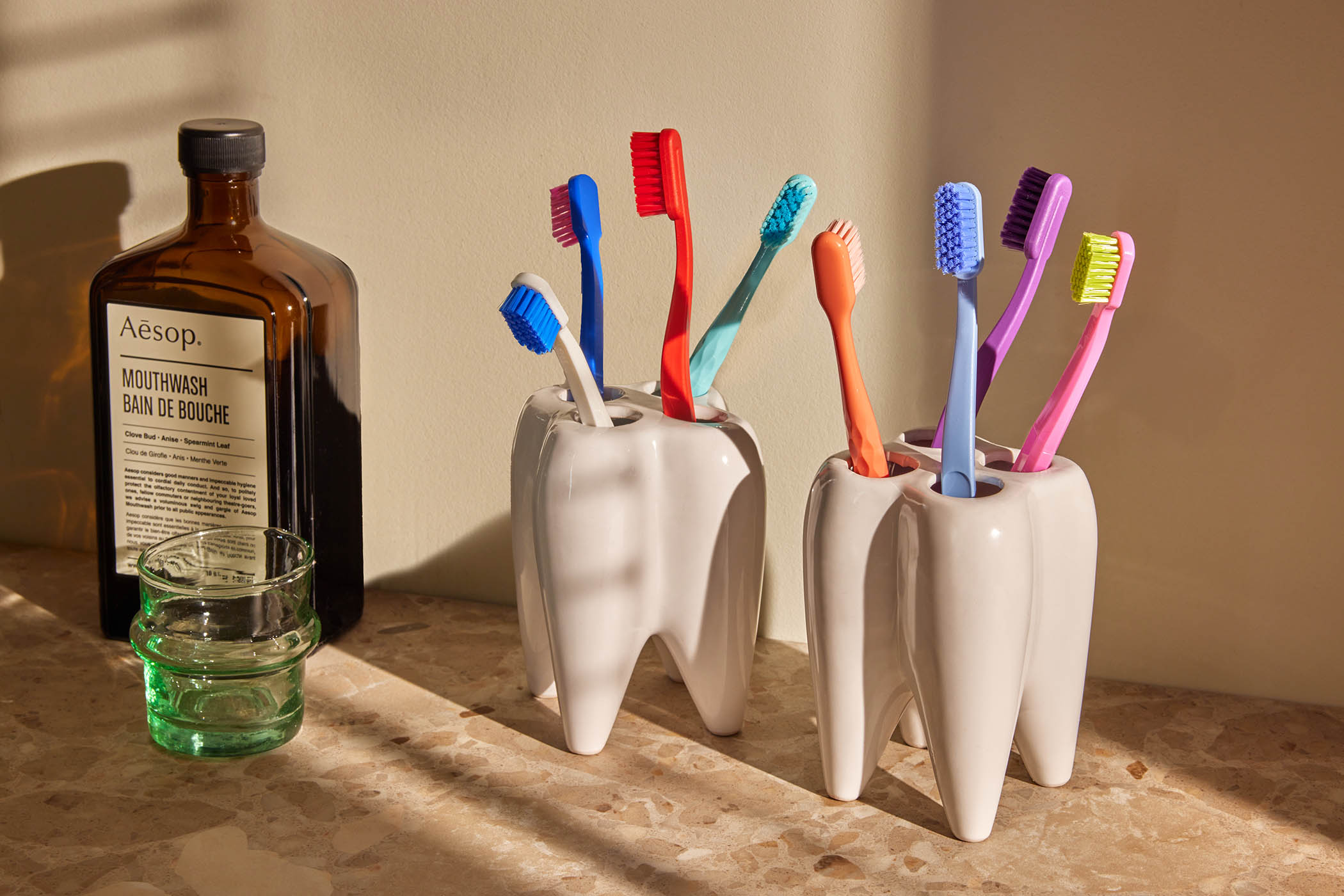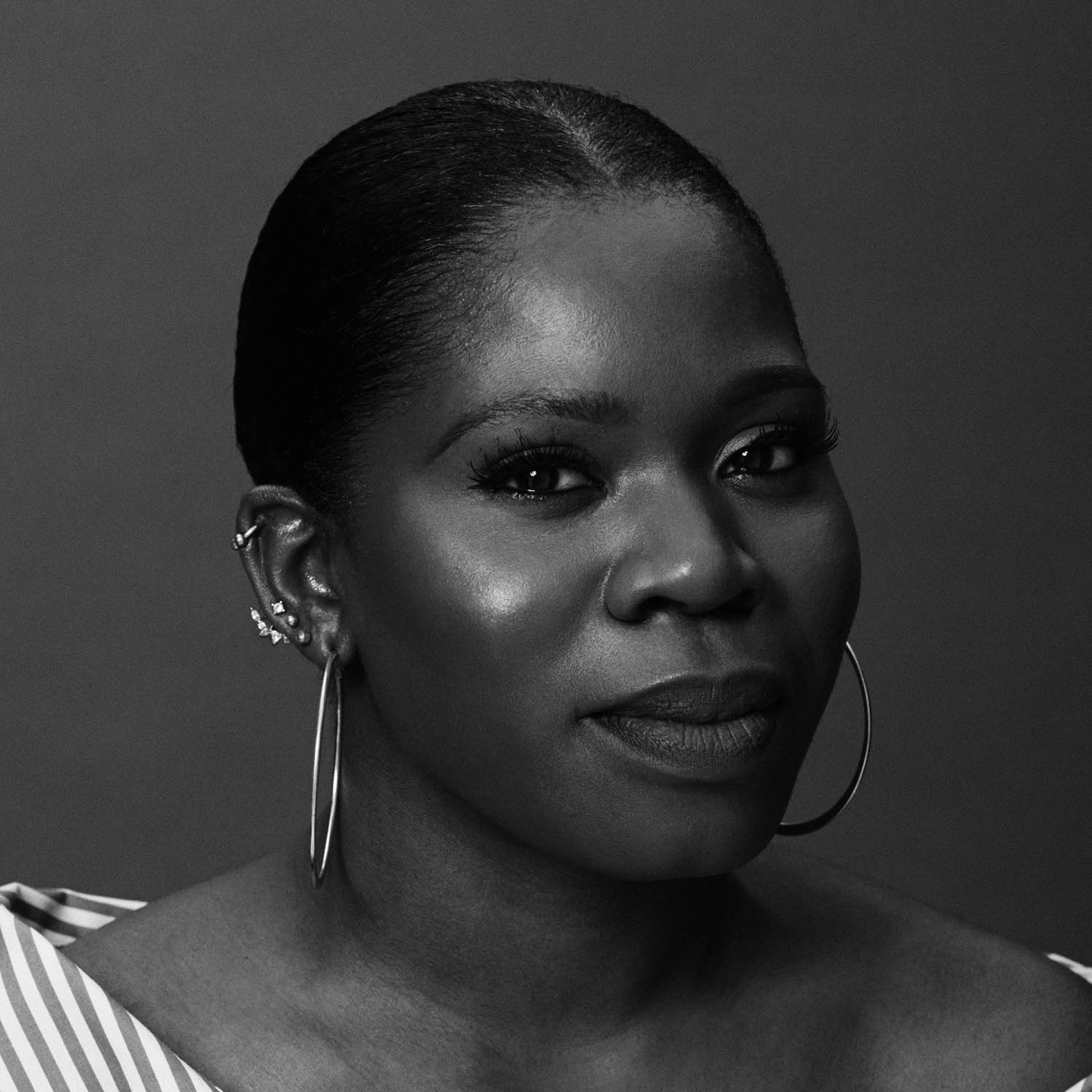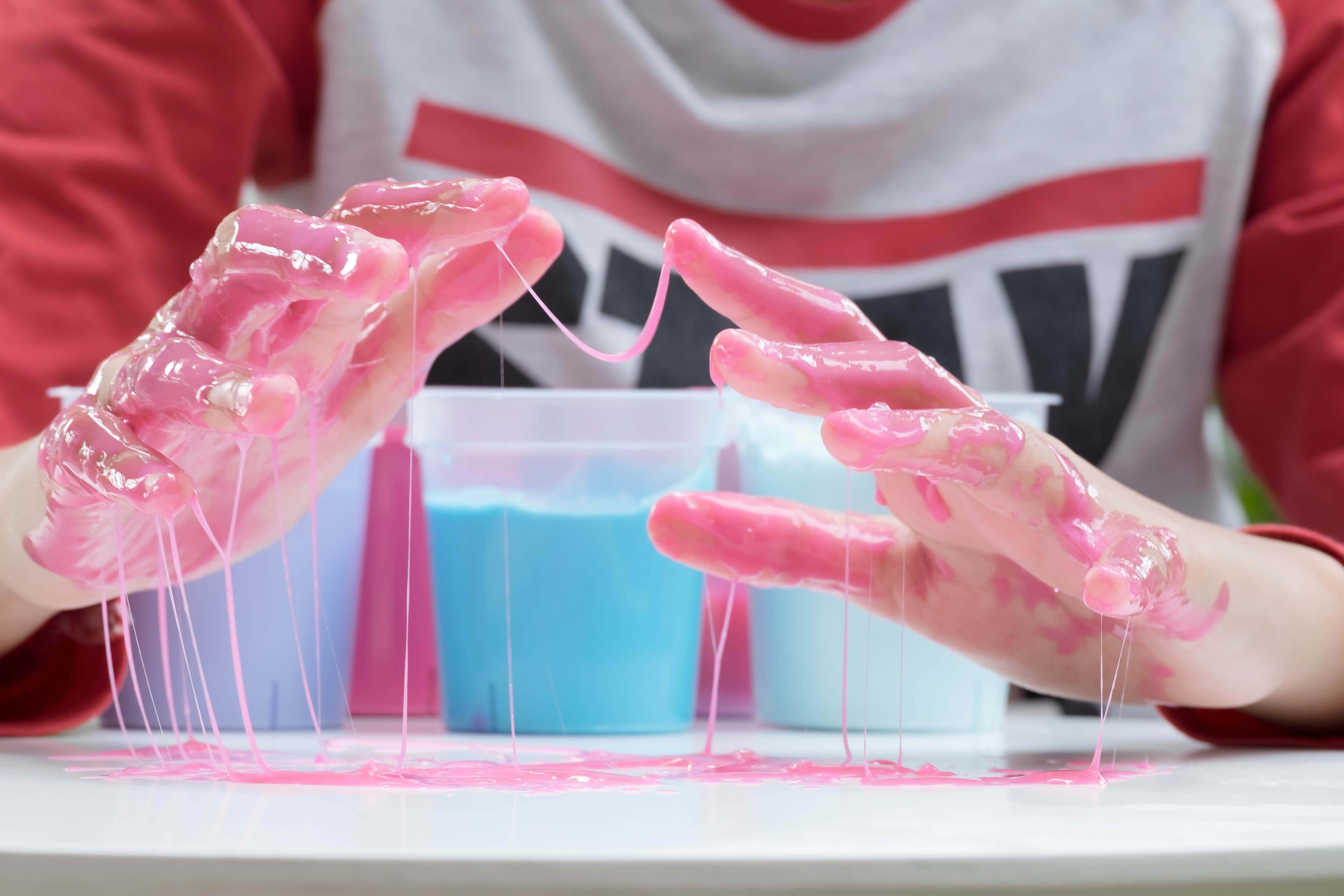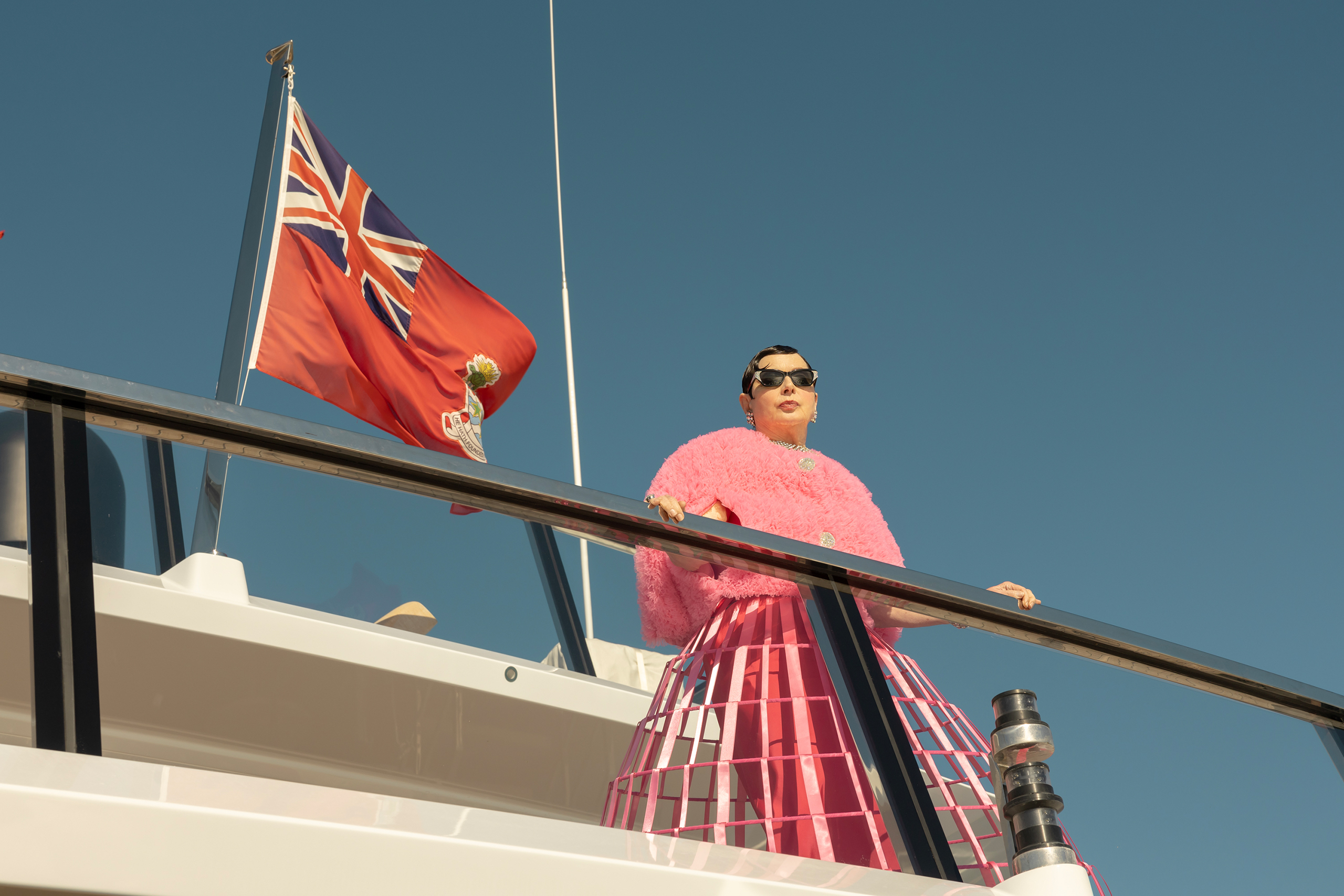After months of trying to get an appointment, I finally succumbed to a fancy new dentist (who, incidentally, operates in what looks like a boutique hotel lobby crossed with a spaceship). He explained why getting appointments is harder than getting a Soho House membership. The short version: the NHS pays a pittance compared to private practice. The long version: the cost of dental training is astronomical, NHS funding has been eroded for years and, as a result, many dentists now simply can’t afford to take NHS patients. The ones who do are so overwhelmed they could probably perform a root canal in their sleep; something they probably no longer get much of. This is now why we are seeing the explosion of glossy, private clinics where appointments cost roughly the same as a long weekend in Lisbon.
Historically, bad teeth were a sign of wealth. In 18th-century Britain, sugar was a luxury reserved for the rich – the more you had, the more your molars crumbled. The poor, meanwhile, kept their gnashers intact through sheer lack of access to the sweet stuff. So the “bad British teeth” stereotype that dogs us today stems from this period when decay was actually a badge of affluence. Today, so-called “good teeth” have become the ultimate social marker. The perfect smile isn’t about health, it’s about status.
And yet, for a hot minute, imperfection was in. Remember the 1990s and early 2000s when Kate Moss’s slightly uneven teeth were the epitome of cool? Or, in 2019, when Gucci’s lipstick campaign featured musician Dani Miller’s cracked teeth? Everyone lauded that. Then, earlier this year, the internet couldn’t stop dissecting White Lotus actor Aimee Lou Wood’s “oversized” teeth. Which tells us that, despite the fact most people can’t even get a basic clean without selling a kidney, society is still not so secretly pursuing the perfect smile.
Teeth represent both vanity and vulnerability. They need care, and money
Teeth represent both vanity and vulnerability. They need care, and money
Interestingly, NHS dentistry being in crisis has coincided with an uptick in luxury tooth care. Marvis, Selahatin, Buly 1803, Santa Maria Novella, Aesop… All these brands elevate the mundane act of teeth brushing into a sensory ritual. And they do deliver, in their understated way. These are the introverts of the dental world: elegant, quietly effective, the dental embodiment of soft power.
I do wonder what our obsession with teeth says about us and how we are navigating the world at the moment. Maybe it’s a way to say if we must “smile while our hearts are breaking” let’s at the very least make that smile fabulous.
Meanwhile, I am nursing a cavity brought on by a regretful chocolate habit. I spent weeks popping Cuprofen and chewing on one side of my mouth like a goat, before I finally gave in and booked myself that fancy appointment. The irony isn’t lost on me: pontificating about beauty while decaying from the inside out. Perhaps, that’s the ultimate metaphor. Our teeth represent both vanity and vulnerability. They demand care, attention and money. They’re political, too: a reflection of inequality as much as identity. Good teeth are no longer just about hygiene; they’re shorthand for access, opportunity, stability and, yes, beauty. And if you’ve ever dreamed that your teeth are falling out, psychologists say it symbolises loss of control, anxiety, even mortality. But maybe it’s simpler than that: maybe it’s just your subconscious reminding you to floss.
On my radar: eyes front, feel-good fragrance and a smart fix
Out of the shadowsMany moons ago, a makeup artist talked me into trying a bad eyeshadow that left me looking like a movie extra – with an eye infection to boot. So when it comes to eyeshadows I tread carefully. But Chanel’s palette is easy to love: silky texture, foolproof application (I use my fingers) and pigments that pop without shouting. With multiple colours to choose from, resistance is futile. Chanel Les 9 Ombres High Intensity Eyeshadow Palette, £130, Chanel
Natural appealA decade ago, Abel set out to prove that natural fragrance could be as sexy as synthetics, but better for the environment. Now its new range of fragrances has gone further by boosting perfume strength by 37% and introducing plant-based molecules. The result? High-performance, low-impact scents like The Apartment. Abel, The Apartment,£160, Abel Fragrance
Colour boosterHere’s the thing about coloured hair: when it’s good, it’s glorious… until the maintenance hits. Enter Davines’ leave-in mask, powered by biotech botanicals, vegan collagen and baobab extract. No rinse, no fuss – just smart, gentle innovation that makes high-maintenance hair feel wonderfully low-effort. Davines Beautiful Things Leave In Mask, £38, Davines
Photograph Shaw + Shaw
Newsletters
Choose the newsletters you want to receive
View more
For information about how The Observer protects your data, read our Privacy Policy



